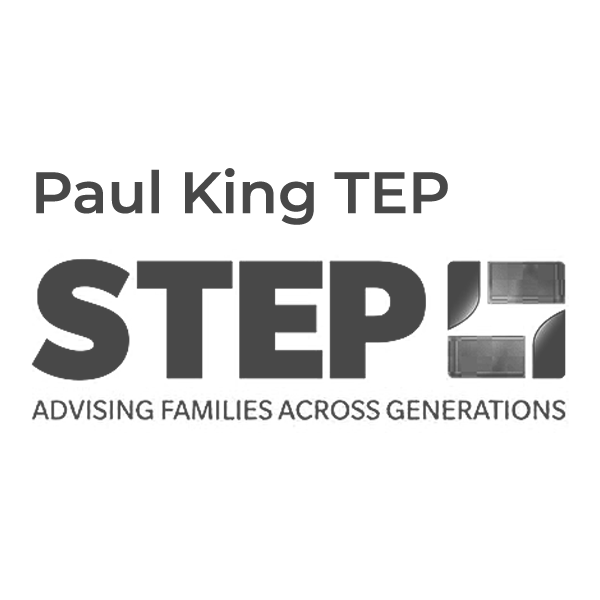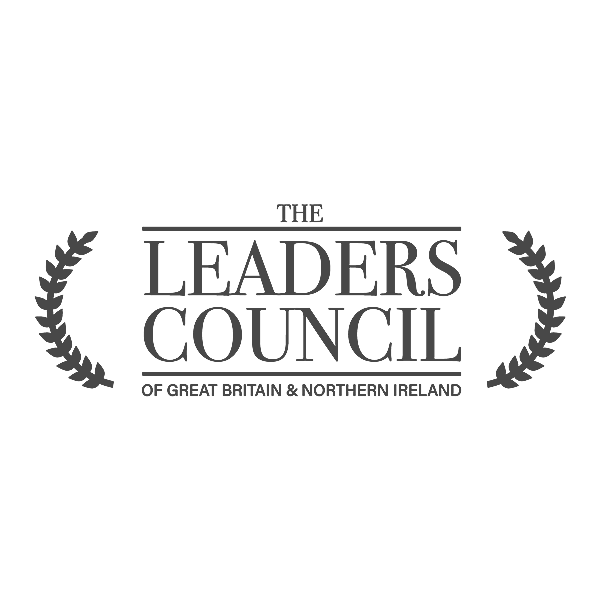CONTESTING A WILL
There are a number of grounds for contesting a Will and various other types of claims that can be made against an estate which we explain on this page.

Contesting a will
There are a number of grounds for contesting a Will and various other types of claims that can be made against an estate which we explain on this page.
These include:
- Technical reasons for example, that the Will was not validly executed or that someone unduly influenced the Deceased in making the Will).
- A claim that you should have been provided for in the Will and weren’t.
- A claim that the Deceased promised you something and then didn’t include this in their Will.
- A claim that a deathbed gift was made.
- A claim that the Deceased owed you money.
READ MORE
Lack of testamentary capacity
For a person to make a valid Will they must:
- Be able to understand that they are making a Will, and the effect of making that Will.
- Know the nature and value of their estate
- Understand the consequences of excluding/including certain people in their Will.
- Not be suffering from a disorder of the mind that might influence their views.
These principles were set out in Banks v Goodfellow 1870 and although the law has developed since then, the principles are the same.
READ LESS
Lack of execution, knowledge and approval
Lack of valid execution
There is a legal presumption that a Will has been validly executed, unless evidence can be provided to show the contrary. There are a number of requirements for a Will to be valid, these include:
- The will must be in writing and signed by the testator (the person making the Will), or signed by someone in their presence under their direction.
- It must appear the testator intended by their signature to give effect to the Will
- The testator’s signature must be made or acknowledged in the presence of a minimum of two witnesses who are present at the same time.
- Each witness must either attest and sign the Will, or must acknowledge the signature in the presence of the testator – although not necessarily in the presence of any other witness.
- The choice of witnesses must satisfy the rules about who can and cannot witness a Will.
READ MORE
Lack of knowledge and approval
For the Will to be valid, the person making the Will must have knowledge of, and approve, its contents. You can challenge a Will on the basis of lack of knowledge – even if the Will appears to be executed properly, and even if you know the testator was of sound mind.
You would need to provide evidence that suggested the testator was not aware of the contents of the Will, or that there were some suspicious circumstances. An example might be if the Will contained a significant gift to someone who helped to prepare it.
READ LESS


Fraud
Forged Wills
The Will can be contested if you believe it has been forged or some sort of fraud has taken place. This might be the forging of a signature, for example.
If someone led the testator to believe that certain facts were true and this influenced the contents of their Will, this could be fraud. For example, if Anna tells George that one of his children has stolen money from him, and as a result George leaves the child out of the Will, the Will could be invalid as a result of Anna’s fraud.
READ MORE
Undue influence
You can challenge a Will if someone unduly influenced, coerced or put under duress the person who was making the Will. There is no presumption that just because someone in a position of trust receives assets from another person, that undue influence took place. You must show actual undue influence, where there must be no other reasonable theory to explain the terms of the Will.
Rectification and construction
Sometimes a Will is drafted up by a lawyer that does not properly carry out the testator’s intentions. This could be either because of an administrative error or because the person drawing up the Will does not understand the testator’s instructions. A claim for rectification or a claim regarding the construction of the Will can be made. If it is not successful, a claim for professional negligence against the lawyer may be appropriate.
READ LESS
Get fast, no-obligation advice






